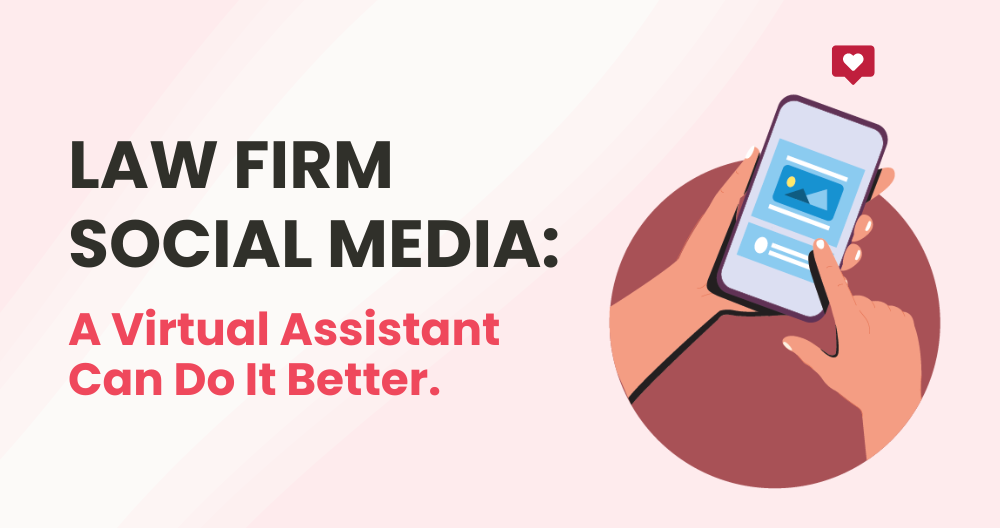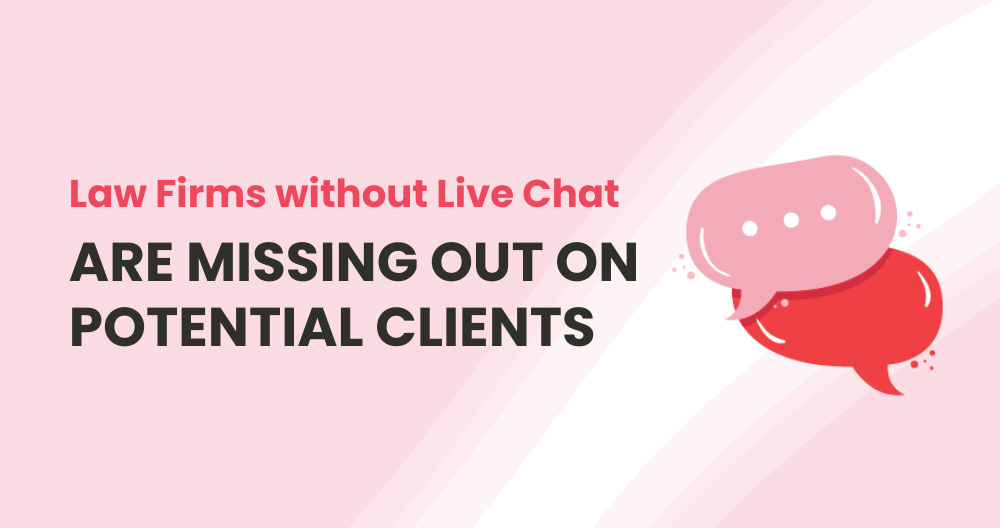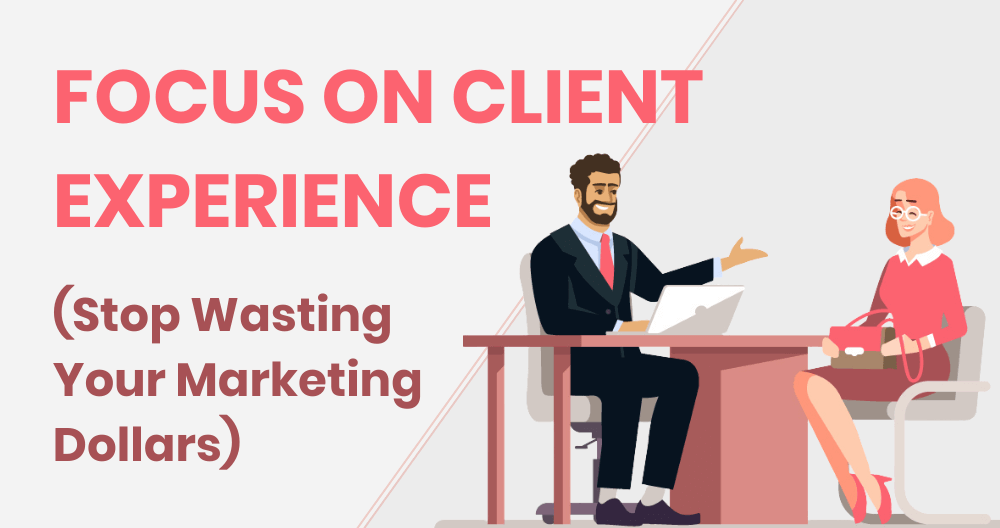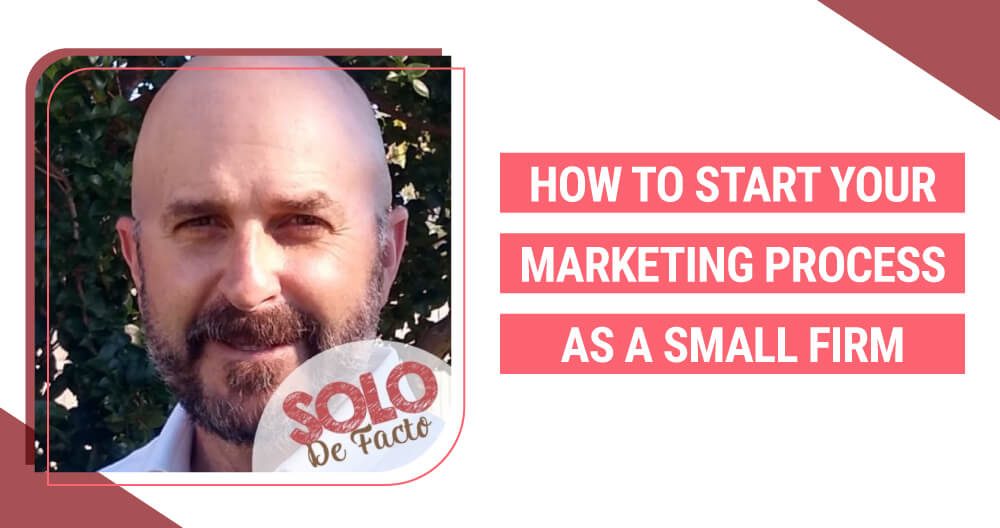Networking Is Important for Attorneys – Here’s How to Do it Effectively
In the competitive world of law, standing out and creating professional connections is vital to an attorney’s success. Networking is a crucial skill for enhancing your reputation, finding new opportunities, and expanding your legal practice. Whether you’re a seasoned lawyer or fresh out of law school, effective networking significantly impacts your success.
In this blog post, we will explore the importance of networking for attorneys and provide tips on how to do it effectively.
Why Is Networking Important for Attorneys?
Networking is more than just collecting business cards and growing your connections on Linkedin. It’s about building genuine, lasting relationships that benefit your legal career.
Referral Opportunities
A strong network of fellow attorneys can be a significant source of new business for your law firm. The more people you know, the more likely you’ll be to receive referrals for cases your fellow attorneys are too busy to take on or are outside of their practice area.
Knowledge and Collaboration
Networking events provide opportunities to meet legal professionals from varying areas of expertise. Engaging in discussions or listening to presentations can broaden your legal knowledge and even lead to collaboration on cases and projects.
Reputation Building
A robust network of attorneys can enhance your reputation within the legal community. Word-of-mouth referrals and recommendations from respected colleagues boosts your credibility and visibility.
Professional Support
You’re bound to face challenges throughout your career as an attorney. A well-established network can be a source of emotional and professional support, offering guidance and advice during difficult times.
How to Network Effectively for Attorneys
Now that we understand the importance of networking, let’s look at some actionable tips to help you do so more effectively.
1. Define Your Networking Goals
Before jumping into various networking events, set clear objectives. Determine what kinds of connections you want to make and the specific areas of law or industries you want to explore.
2. Attend Relevant Legal Events
Choose conferences and networking events that are aligned with your practice area and interests. Specialized events offer excellent opportunities to meet like-minded professionals and make valuable connections.
3. Be Approachable and Authentic
Avoid jumping straight to collaboration with overly sales-oriented pitches. Networking is about building authentic relationships. Try to be genuinely interested in getting to know others and actively listen and engage in the conversation.
4. Leverage Social Media
Linkedin can be a powerful tool for expanding your professional network. Share your legal insights, join and participate in relevant groups, and connect with your peers in the legal community.
5. Offer Value to Others
Networking is a two-way street! Be ready to help those in your network by offering your expertise, providing referrals, or connecting them with other relevant contacts.
6. Don’t Forget to Follow Up
After attending networking events and meeting new contacts, follow up with a personalized message. Remind your new contact of who you are and where you met. Offer to meet for coffee or a virtual chat to continue your conversation and strengthen your connection.
7. Join Professional Legal Associations
Become a member of legal organizations or committees that align with your interests and expertise. These groups often host events or have online platforms for networking within your niche.
8. Host Events or Webinars
Take initiative and organize legal events yourself! Hosting gatherings about relevant legal topics can position you as an authority in your field and attract other legal professionals looking for valuable insights.
9. Be Patient and Persistent
Building a strong legal network takes time. Nothing happens overnight, so be patient and persistent. Networking is an ongoing process, but the connections you make today will yield benefits in the future.
Conclusion
Networking is an essential skill for attorneys looking to advance their careers and expand their law firms. Remember, networking is not about collecting as many contacts as possible, but about fostering meaningful connections that lead to long-term relationships in the legal community. So, attend those events, connect online, and watch your network and legal practice grow.
Want more ways to grow your legal practice? Schedule a Free Discovery Call today.
















 Elisabeth Pickle is the founder of
Elisabeth Pickle is the founder of  Casey Cheshire, Founder of
Casey Cheshire, Founder of 

